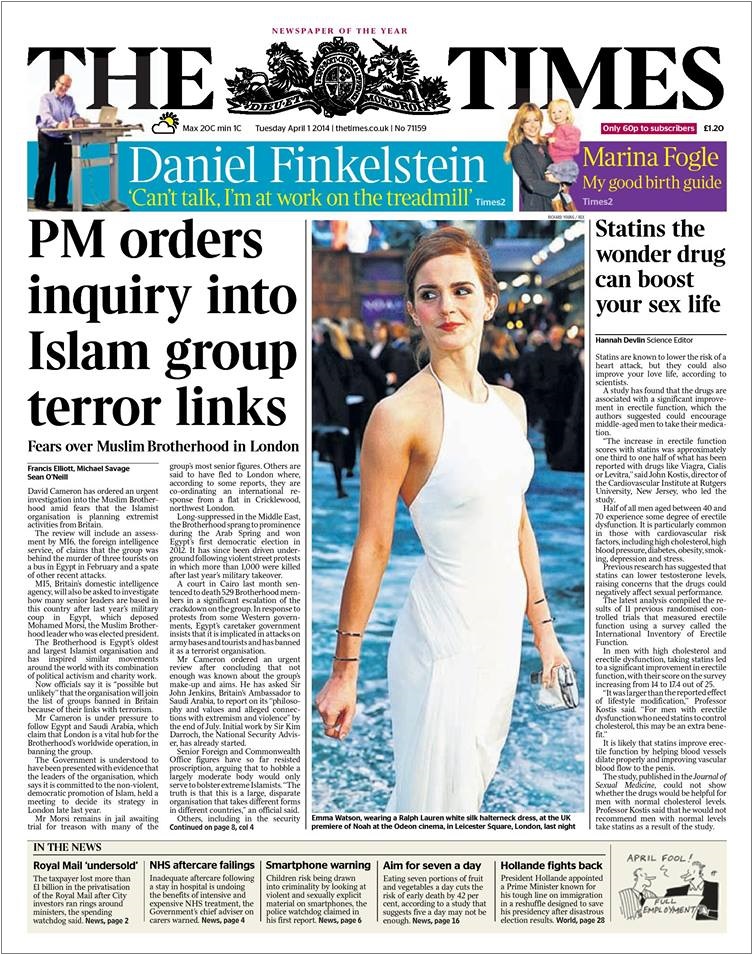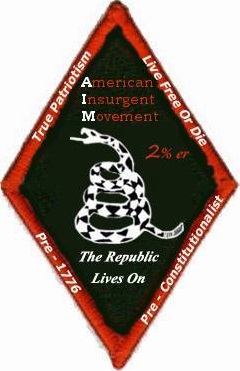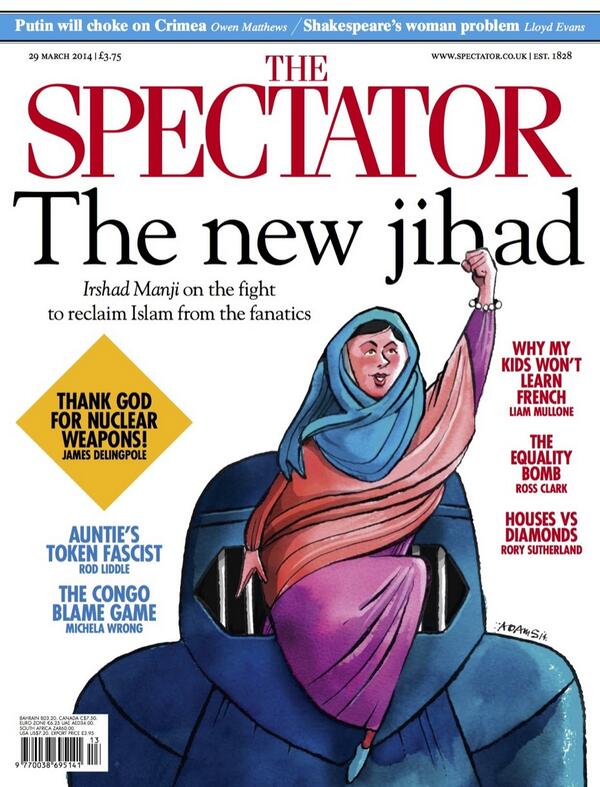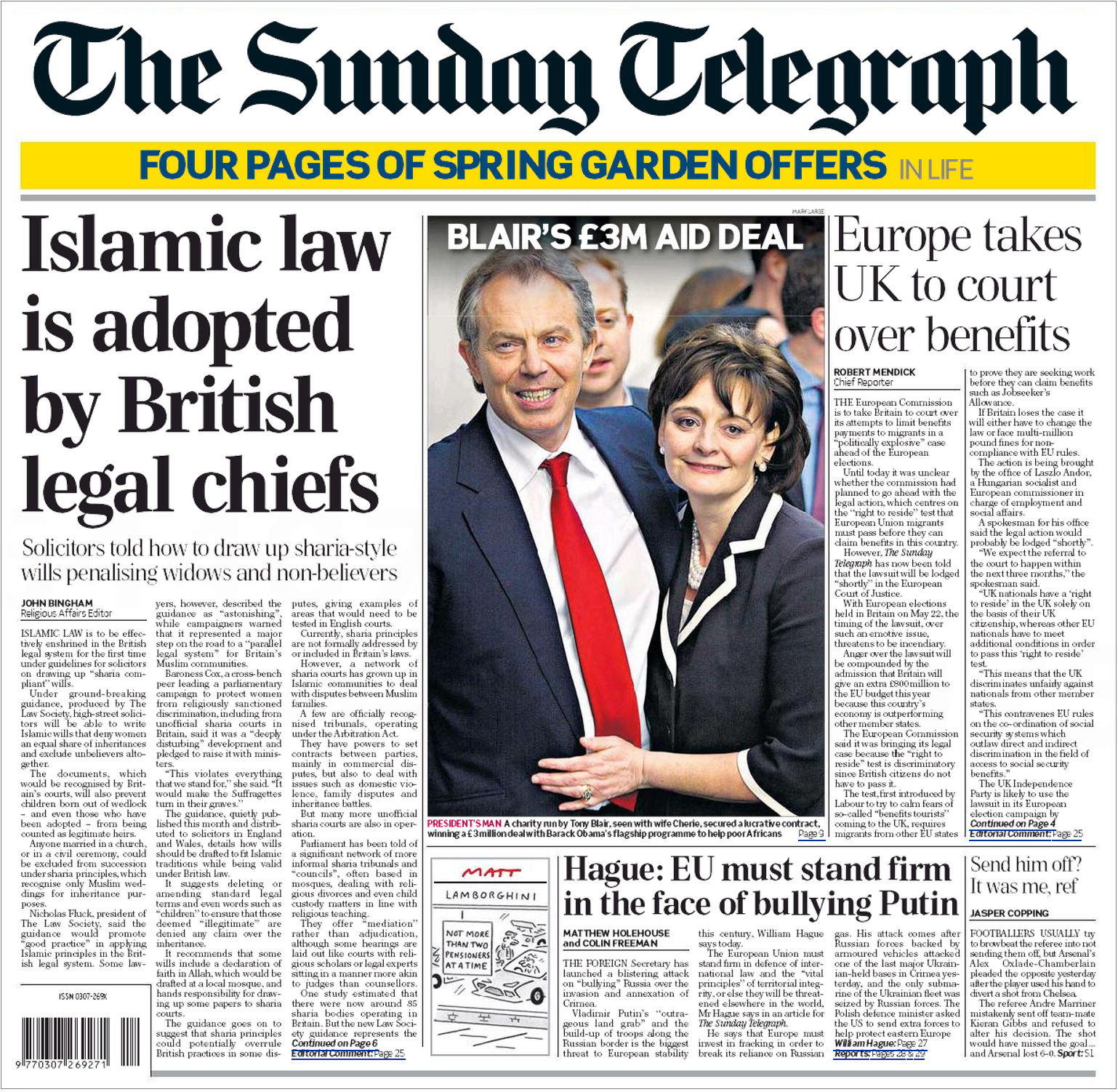Cameron and the Muslim Brothers
Sudden UK inquiry smacks of pandering to Saudi Arabia
Since the September 11 attacks on the US in 2001, Britain, like other western governments, has from time to time banned Islamist movements that incite violence or sponsor terrorism. The announcement by David Cameron that his government is conducting an inquiry into the Muslim Brotherhood is highly unusual – and has raised suspicions over the prime minister’s motives.
The Muslim Brotherhood, founded in Egypt in 1928, is the most important pan-Islamic political organisation in the world. It has millions of followers in the Middle East and beyond. In the past three years, of course, its branch in Egypt has occupied centre stage. After the fall of the Mubarak regime, the Brotherhood enjoyed a brief stint in power marked by chaos and incompetence. In 2012 the military overthrew the government and the movement is now being hounded. Last week an Egyptian court sentenced 529 of its members to death.
Given the widespread disquiet in the west at those sentences, Mr Cameron’s announcement of an investigation into the Brotherhood looks somewhat ill-timed. It also has triggered unease in Whitehall. The prime minister’s office said Sir John Jenkins, the British ambassador to Riyadh, will head the inquiry into the “group’s philosophy and values and alleged connections with extremism and violence”. Yet Foreign Office officials have expressed concern privately that this cuts against its efforts to engage with the organisation inside and outside Britain.


 FBI agents in Texas have arrested a man who allegedly was plotting to use C-4 explosives and weapons to kill police officers, rob banks and armored cars, and blow up government buildings and mosques, authorities announced today.
FBI agents in Texas have arrested a man who allegedly was plotting to use C-4 explosives and weapons to kill police officers, rob banks and armored cars, and blow up government buildings and mosques, authorities announced today. The Spectator devotes the cover of this week’s issue to promoting a Muslim. Unlikely, you might think, until you find out that the Muslim in question is Irshad Manji, much admired by
The Spectator devotes the cover of this week’s issue to promoting a Muslim. Unlikely, you might think, until you find out that the Muslim in question is Irshad Manji, much admired by  Stories about an alleged Islamist takeover of Birmingham schools are creating an atmosphere of mistrust that will harm children and prevent Muslims from becoming teachers, according to a school governor at the centre of the row.
Stories about an alleged Islamist takeover of Birmingham schools are creating an atmosphere of mistrust that will harm children and prevent Muslims from becoming teachers, according to a school governor at the centre of the row. “The Clarion Fund (now the ‘Clarion Project–#1 news site on the threat of Islamic extremism’) rides again. After producing three classic Islamophobic films, Obsession, Third Jihad and Iranium, T-H-E-Y’R-E B-A-C-K with a new one, Honor Diaries. The new project focuses on honor killings and Islam’s supposed hatred of women. One has to ask why a film about the purported abuse of Muslim women was produced by Jews, and ones with a distinct ideological agenda at that.”
“The Clarion Fund (now the ‘Clarion Project–#1 news site on the threat of Islamic extremism’) rides again. After producing three classic Islamophobic films, Obsession, Third Jihad and Iranium, T-H-E-Y’R-E B-A-C-K with a new one, Honor Diaries. The new project focuses on honor killings and Islam’s supposed hatred of women. One has to ask why a film about the purported abuse of Muslim women was produced by Jews, and ones with a distinct ideological agenda at that.”